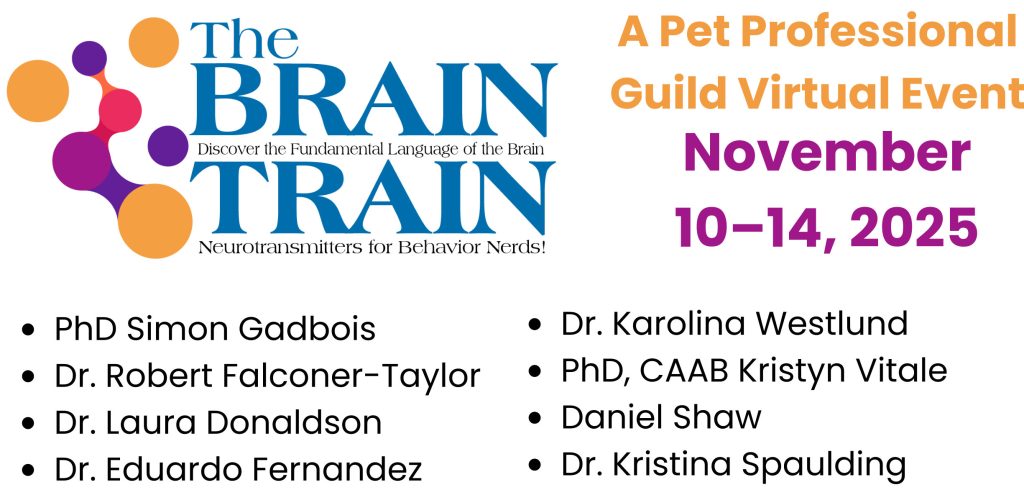Unconscious bias- What Is It
It is useless to attempt to reason a man out of a thing he was never reasoned into. Jonathan Swift
Preface
Unconscious biases are the biases that everyone has, that live in the dark recesses of the human brain. These biases are grown in each individual and can greatly influence the day to day decision that are made both at home and at work.
The eye sees only what the mind is prepared to comprehend. Robertson Davies
What is Unconscious Bias?
What is it and how does it affect our day to day lives? To be able to discuss the unconscious bias that everyone possesses, the basic idea must first be defined. From there, the causes, the effects, and the possible necessary changes can be better addressed.
There are different types of biases, and most importantly, it must be remembered that biases are not limited to just race or gender biases. The subject of unconscious bias is detailed and needs to be fully understood. Unconscious biases are collected over a lifetime, and often affect decision making, especially in the moment that a snap decision needs to be made.
Definition
There are two categories of bias in studies today: conscious or explicit biases and unconscious or implicit biases. Unconscious bias is usually thought of as social stereotypes and is more common than conscious bias. Here are some quick facts about unconscious bias:
- Unconscious bias is more common than the conscious or explicit bias.
- Unconscious bias may not concur with the conscious bias of an individual.
- Unconscious bias may be triggered by an event or situation.
How Does it Work?
Unconscious biases are deeply rooted in the human brain. The brain is constantly collecting data and categorizes it. One of the categories that is automatically made is between good and bad. Think about caveman, who had to judge between a good situation and a bad situation, in a moment’s notice. As humans have evolved, this type of decision making has been engrained in us.
Today, these assumptions, or biases are often the result of social conditioning; life experiences. Some researchers believe that these biases often began in early childhood. These judgements or biases can affect both our personal and work lives. They can hinder decision making, which can greatly affect our lives. In the business world, unconscious biases can affect an organization from the top executive to the last hired employee.
Triggers
What triggers the type of decisions we make so often every day? In a word: history. Here is a partial list of experiences that may play into the development of our unconscious biases:
- Past experience.
- The environment in which a child is raised.
- The culture in which a child is raised.
- Educational systems.
This list does not include all the ways data and information have been absorbed throughout our lives. This information and the biases we have developed, affect most of the decisions we make in our lives.
Impact
Unconscious bias impacts how we engage with others. A recruiter or hiring manager may look at hundreds of resumes for one open position; they must decide simply by looking at the information provided who to interview. Often, based on an applicant’s skill set, work ethics, their name, their degree, or affiliation, unconscious bias will have an effect on the interview/hiring process. Hiring practices based on unconscious bias may result in a workplace that is narrow minded, lacking diversity, and likely lacking creative and innovative new ideas. The work culture in organizations that allows bias to influence business can be negative and toxic. The work force is aware of the lack of diversity and forward movement and may soon move on to healthier companies.
Practical Illustration
Stacy is sifting through a stack of resumes at her desk. She has to hire someone for the opening in accounting. She calls Janna in and asks her to assist in sorting through resumes for possible candidates. Janna sits down and starts reading her pile of paper. After a while, Stacy notices that Janna has two piles sorted out. She asks Janna what the qualification standards were of the possible candidates. Janna responds, “Well, I took out everyone that lives outside of Metro. And then I took out anyone who didn’t have an Ivy League degree.”
Stacy asks, “Is that how you think I hired you Janna?” Stacy continues by saying that she didn’t just judge Janna according to her hometown or because of a school that she attended. “Let’s go through that reject pile again, Janna, and see if we can find some applicants that have different skills and talents.” Janna agrees and they sit down together to reread the applications with a more open mind. When the ladies complete their task, they have a hefty stack of resumes full of people with different educations and skills from which to choose their perfect candidate.
I think unconscious bias is one of the hardest things to get at. Ruth Bader Ginsburg
Copyright Notice
Copyright © 2015 by Global Courseware, Inc.
Used under licensing permission
Downloading Resources
PDF files:
Click on the pop-out icon ( ) in the top-right corner of the resource to open it in Google Drive. Click the download icon ( ) in the upper right-hand corner of the Google Drive page to save the resource to your computer.
Images and graphics:
Right click on the image or graphic then choose "Save image as ..." from the drop-down menu to save the resource to your computer.
Videos:
Click on ![]() in the video's menu bar to download and share the video from the Vimeo website.
in the video's menu bar to download and share the video from the Vimeo website.

